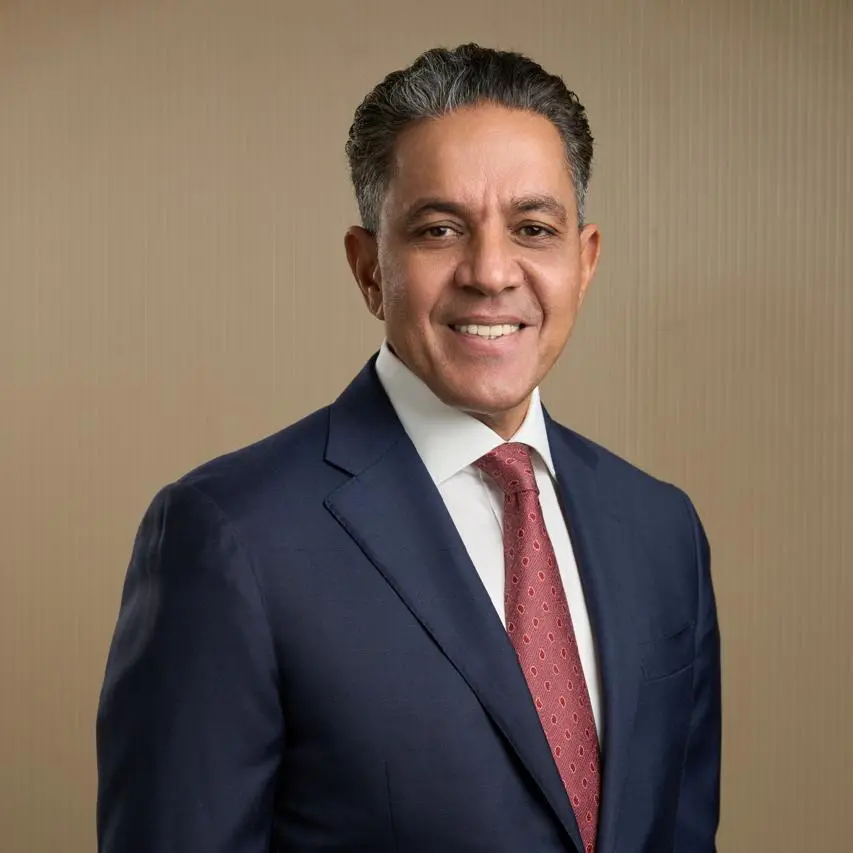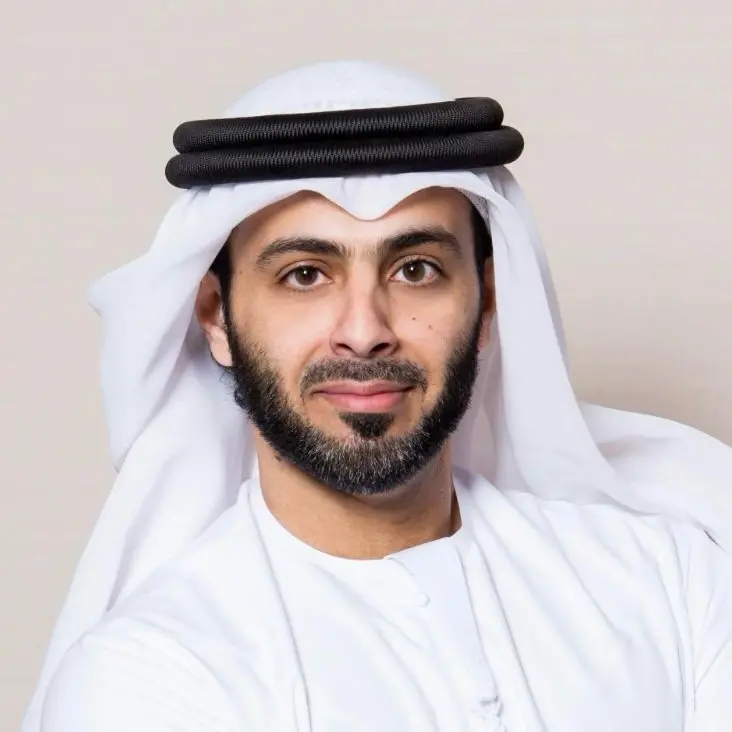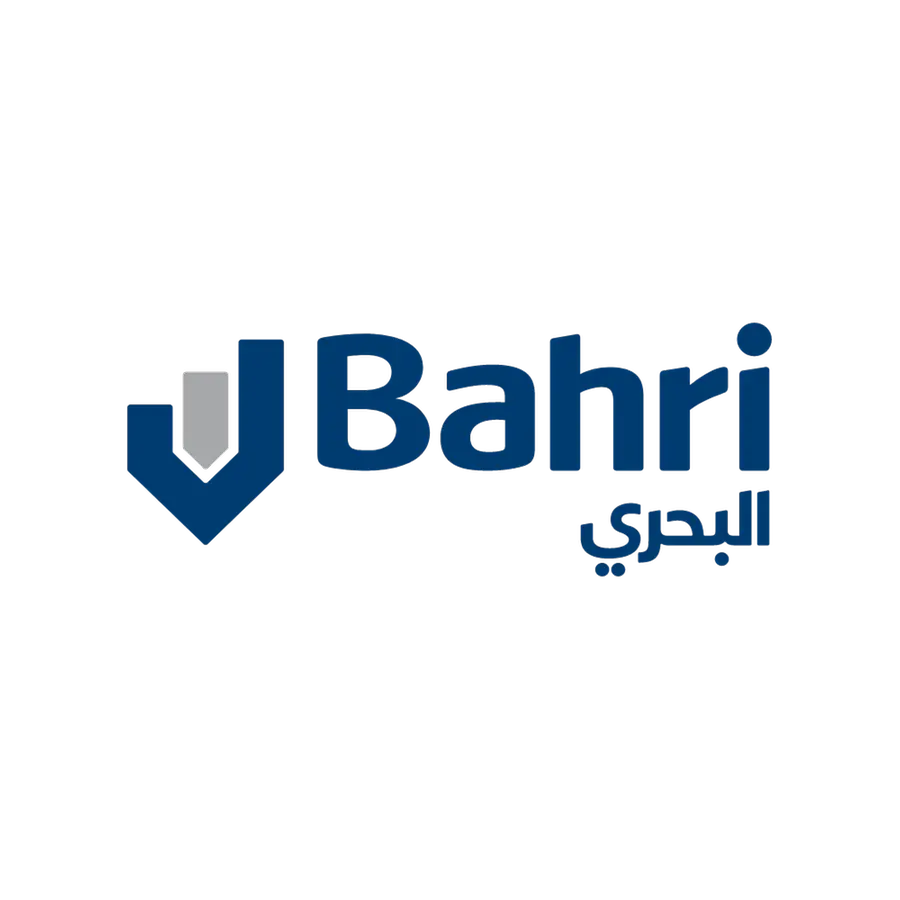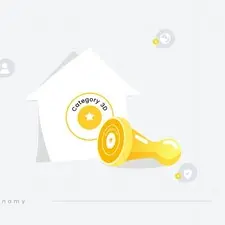PHOTO
Abu Dhabi: UNESCO International Literacy Prize winner, and 12th out of 100 most influential Arab women, Dr. Rana Dajani was recently hosted at Zayed University Abu Dhabi campus to lecture students about the five roles she plays in life.
She advised the young students how to find their passion and to pursue their dreams while referring to her example of being a mother, educator, scientist, social entrepreneur, and feminist. She also encouraged them to note the challenges around them and to develop permanent solutions.
Dr. Dajani also explained the most common intersections between gender, race, religion, and science, while referring to her book, Five Scarves: Doing the Impossible, If We Can Reverse Cell Fate, Why Can't We Redefine Success?
Furthermore, during the meeting, she shared her research, which is conducted in two main fields. The first researching the genetics of the Circassian and Chechen population in Jordan. The second concerns the impact of trauma on epigenetics in Syrian refugees and how this impact can be transferred across generations.
She also discussed the challenges that face female scientists all over the world. "Women in STEM was never a problem in the Arab world and how Arab women are strong and have deep confidence and that the west can learn from the experience of Arab countries where women constitute more than 60% of the science fields," she said.
Dr. Dajani also shared a mentoring Program that she started for female scientists across the Arab world and running the society for the advancement of science and technology in the Arab world (SASTA).
She went on to describe the significant award-winning Program, "We Love Reading," which she founded to encourage children to read for fun. This Program has spread to 55 countries around the world and won multiple awards. It has been called a social movement.
"The reason it has spread is that it is evidence-based, simple, cost-effective, and human-centered. The Program trains adult volunteers to read aloud to children in different neighborhoods in their local language," she said.
"We Love Reading" received the UN's science, technology and innovation award, and the King Sejong international literacy prize in 2017, and was featured in the New York Times and Forbes.
-Ends-
About Dr. Rana Dajani
Ph.D. molecular cell biology from U of Iowa, currently Cmalakova Fellow at the Jepson school of Leadership and ethics at the University of Richmond, Harvard Radcliff fellow, a Fulbrighter, Fulbright Foreign Student Program, Jordan to the United States, 2000; Fulbright Visiting Scholar Program, Jordan to the United States, 2012. Eisenhower fellow, Associate Professor, former center of studies director, Hashemite University, Jordan, Yale and Cambridge visiting professor.
Higher education reform expert, member UN women Jordan advisory council. Writer in Science and Nature, established a women mentor network, received Partnerships for enhanced engagement in research (PEER) award 2014. Organized the first gender summit for the Arab world 2017.
Most influential women scientists in Islamic World, 12 among100 most influential Arab women 2015, women in science hall of fame 2015, King Hussein Cancer Institute for cancer and biotechnology award 2009 and 2016 Global Changemaker Award for celebrating 70 years of the Fulbright program.
Awarded the Jordan star of science by His Majesty King Abdullah II, University of Iowa, College of medicine, distinguished alumni Award 2018, Higher Education Reform Expert EU-TEMPUS, Jordan, founder service learning center,
Developed a community-based model “We love reading” to encourage children to read for pleasure received Synergos Arab world social innovators 2009, Clinton Global Initiative 2010, Library of Congress best practices 2013, World Innovation Summit in Education Award 2014, King Hussein Medal of Honor 2014, Star Award 2015, IDEO.org best refugee education program 2015, UNESCO International Literacy Prize 2017, World Literacy Council Award 2018 and the Jacobs social entrepreneurship award 2018, Science, Technology and Innovation Award UN 2019, Ashoka Fellow 2019.
Author of the book: Five scarves, Doing the impossible: If we can reverse cell fate why cant we redefine success, Nova Publisher 2018. Reviewed by Nature
© Press Release 2020Disclaimer: The contents of this press release was provided from an external third party provider. This website is not responsible for, and does not control, such external content. This content is provided on an “as is” and “as available” basis and has not been edited in any way. Neither this website nor our affiliates guarantee the accuracy of or endorse the views or opinions expressed in this press release.
The press release is provided for informational purposes only. The content does not provide tax, legal or investment advice or opinion regarding the suitability, value or profitability of any particular security, portfolio or investment strategy. Neither this website nor our affiliates shall be liable for any errors or inaccuracies in the content, or for any actions taken by you in reliance thereon. You expressly agree that your use of the information within this article is at your sole risk.
To the fullest extent permitted by applicable law, this website, its parent company, its subsidiaries, its affiliates and the respective shareholders, directors, officers, employees, agents, advertisers, content providers and licensors will not be liable (jointly or severally) to you for any direct, indirect, consequential, special, incidental, punitive or exemplary damages, including without limitation, lost profits, lost savings and lost revenues, whether in negligence, tort, contract or any other theory of liability, even if the parties have been advised of the possibility or could have foreseen any such damages.




















